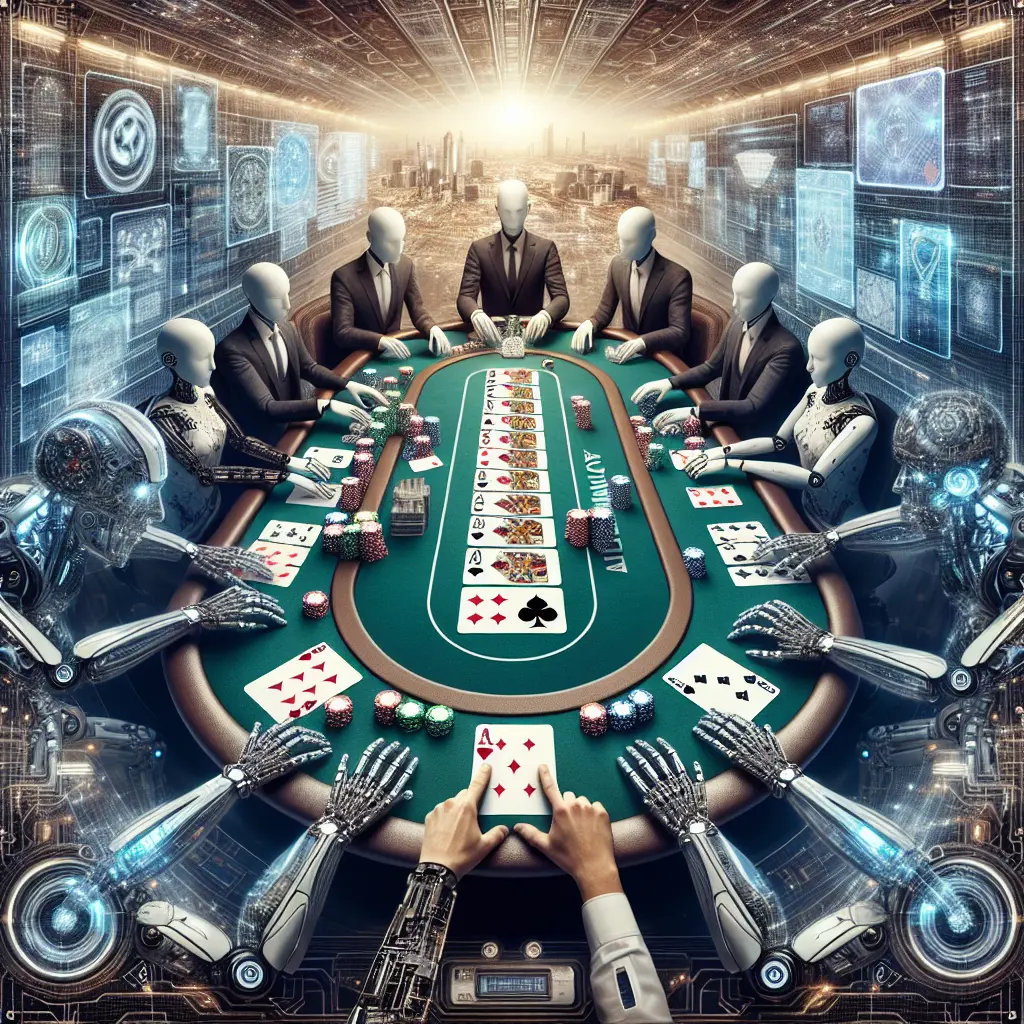In a world driven by data and uncertainty, poker remains a powerful lens through which we can understand complex modern phenomena.
Poker, a game of skill, strategy, and calculated risk-taking, has long been more than just a pastime. Its principles extend far beyond the felt tables of Las Vegas and Macau, influencing various sectors in our rapidly evolving world. Nate Silver's latest book, "On the Edge," explores this very idea, using poker as a metaphor to explain the intricacies of contemporary challenges such as cryptocurrency, artificial intelligence (AI), and other emerging technologies.
Poker: A Mirror to the Modern World
At its core, poker is about making informed decisions under uncertain conditions—skills that are crucial in navigating today's complex landscape. As Silver suggests, the game offers valuable insights into the risk-taking behaviors required in modern fields.
Risk Assessment and Management: In poker, players constantly weigh the odds and make decisions based on incomplete information. This mirrors how investors approach volatile markets like cryptocurrency, where understanding and managing risk is paramount.
Strategic Thinking and Emotional Control
Strategic Thinking: Poker requires players to anticipate opponents' moves and adapt strategies accordingly. This skill is invaluable in the AI sector, where innovation demands foresight and adaptability.
Emotional Control: Mastery in poker involves managing emotions to avoid impulsive decisions—a lesson applicable to leadership roles in high-stakes environments where composure can make or break success.
The parallels between poker and modern complexity are not merely theoretical. Professionals across industries can leverage these strategies to navigate their respective fields:
Startups: Entrepreneurs often operate in high-risk scenarios with limited data, similar to poker hands with low probabilities. Strategic decision-making and risk assessment can guide them towards success.
Financial Markets and Technology Development
Financial Markets: Investors use probabilistic thinking akin to poker players calculating pot odds to make informed decisions about asset allocation and market entry.
Technology Development: In tech, rapid advancements require agile thinking and swift adaptation—skills honed by seasoned poker players who must adjust their strategies as the game evolves.
Poker teaches us to embrace uncertainty and make calculated decisions in its presence. As we encounter new challenges in our professional and personal lives, adopting a poker player's mindset can provide a competitive edge. Whether dealing with disruptive technologies like AI or navigating the unpredictable world of cryptocurrencies, understanding the nuances of risk and strategy is vital.
For those interested in exploring how poker principles can be applied to understand modern complexities further, Nate Silver's book offers an insightful perspective worth reading. You can find more about it here.
Happy strategizing at the tables of life!








Leave a Comment